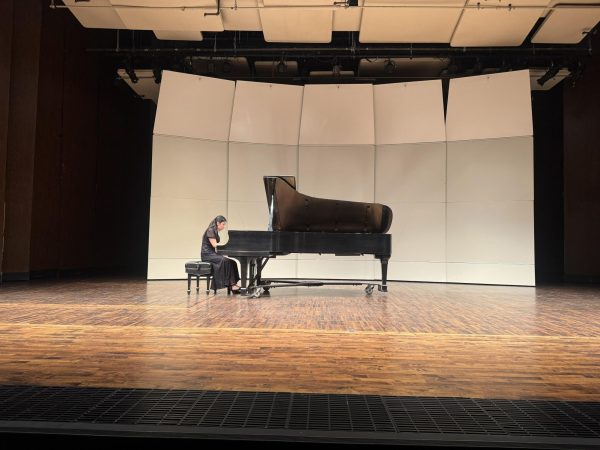Dispelling myths: The Graham Health Center’s guide to depression
With finals around the corner, many OU students may be feeling the effects that a semester of hard work can cause.
But the difference between feeling bummed out for a week and clinically diagnosed depression can be bigger than many people think.
“It’s not just feeling down,” Counseling Center Director David Schwartz said.
Feeling down is something that is actually quite natural for anyone to experience. However, Schwartz said that there is reason for concern about feeling down when “there are more down days than up days.”
He was adamant about the importance of self-reporting when this happens. To illustrate this, Schwartz said over half of all college students will experience clinical depression to some level at some point in their academic careers.
Schwartz said he uses this fact as a tool to demonstrate to patients that they are not alone and that there is no shame in receiving a counseling session or even diagnostic testing.
It’s not what you think
In national and international news, there is a tendency to dwell on instances that paint those with any sort of mental illness in a negative or dangerous light.
Schwartz asserts that the notion that mental illness somehow makes someone a danger to those around them is simply not true.
On the contrary, he said, instances such as the recent tragedy surrounding the European airline Germanwings do not occur nearly as frequently as many people think.
Schwartz said people who suffer from mental illness are 11 times more likely to be a victim of a crime than the perpetrator, a statistic that further dispels the myth of the danger of mental illness.
The symptoms
According to Schwartz, clinical depression also has some biological differentiation from merely feeling sad for a short period of time, such as a week.
Symptoms of depression that last over a period of months or semesters are certainly a red flag that something may be wrong, Schwartz said. Severity, in addition to duration, is a significant indicator that one may have depression.
If one is experiencing symptoms such as irregular sleep patterns, drastically reduced or increased appetite, lack of energy level, or a lack of enjoyment in activities one once found exciting, Schwartz recommends that they consider coming in for a free session.
Located in the Graham Health Center (GHC), the Counseling Center offers six free sessions to all OU students. After the sixth session, they are offered at a reduced price of $12 each.
“We’re here to meet the needs of the population,” Schwartz said.









